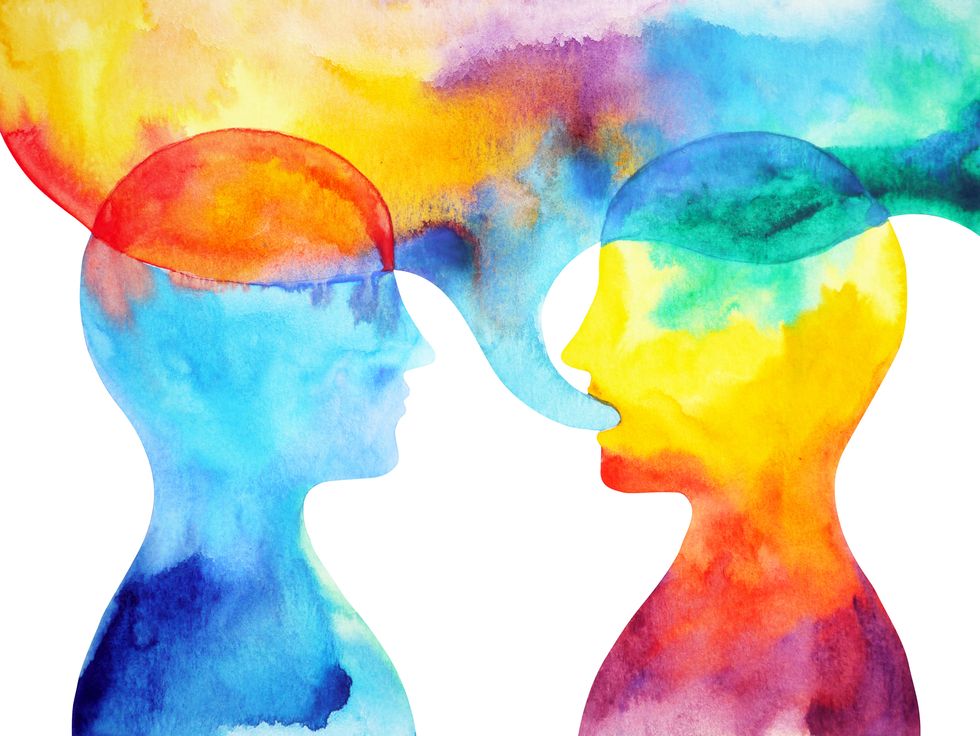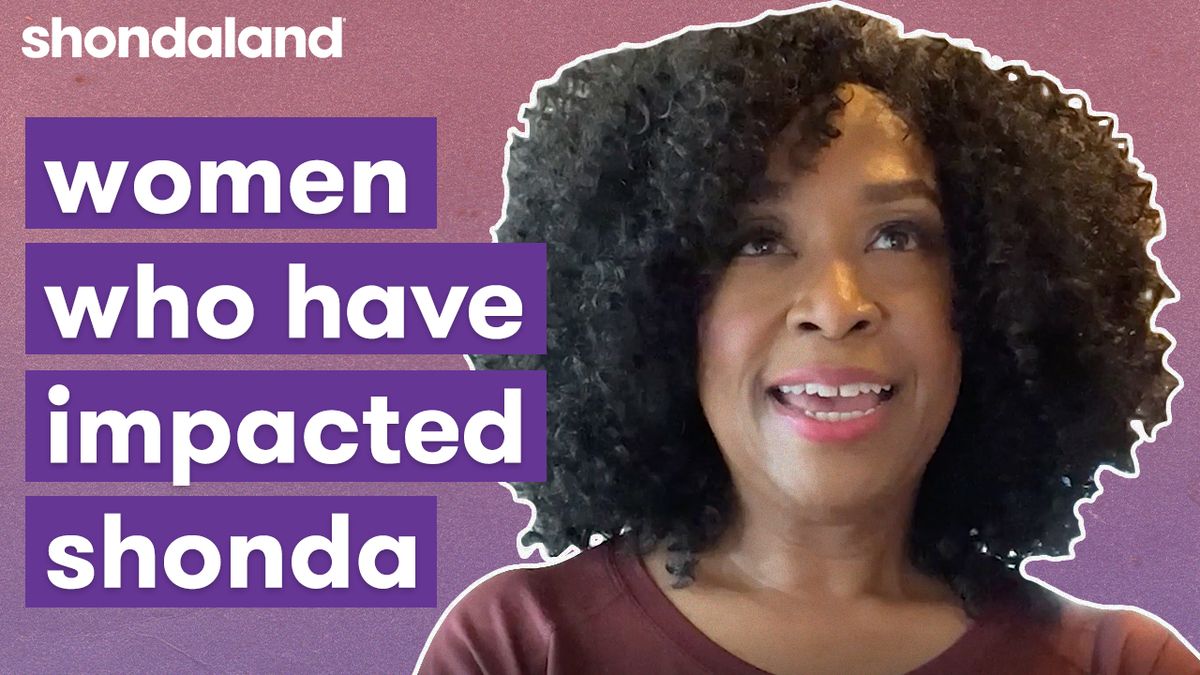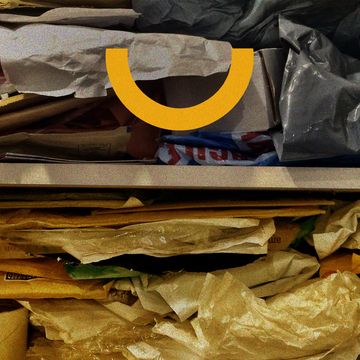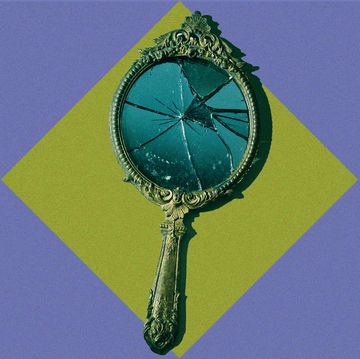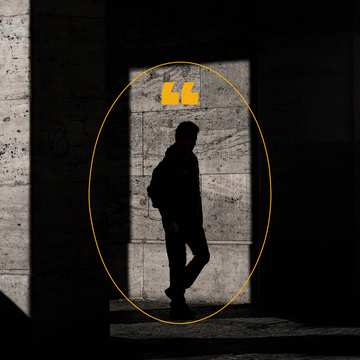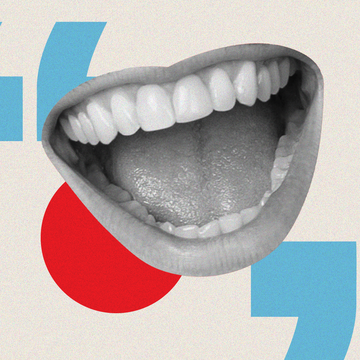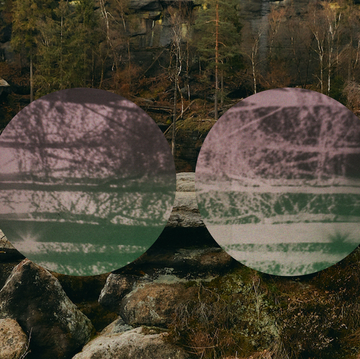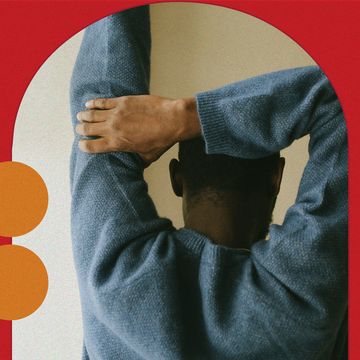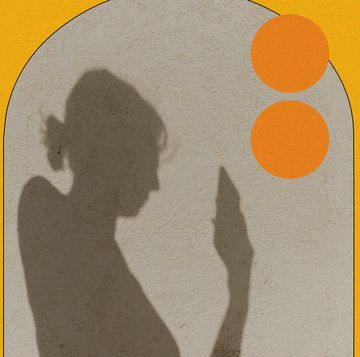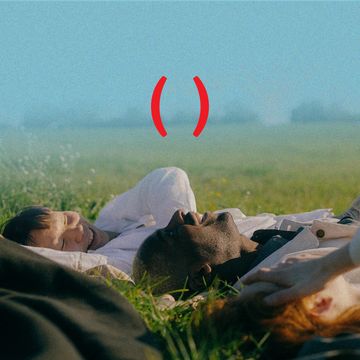The last time I spoke with Kate Murphy, author of You're Not Listening: What You're Missing and Why That Matters, only days separated our chat and the impending nationwide lockdown in March of 2020 due to Covid-19. Tensions were already high — there were rumors of the virus’s lethality, and quarantine loomed. Even so, little did we know that illness, death, and isolation were going to extend far into 2020 and 2021.
Murphy is a journalist and author, but she's also a professional listener. She's mastered this elusive skill by interviewing a variety of people — from CIA agents to bartenders — and she's come away with some key takeaways to why listening to each other is so crucial in our current climate, which she distilled into one, concise and thoughtful read.
Back when I interviewed her the first time, Murphy’s book seemed like a necessary intervention for a culture that was losing its way. With the onset of Donald Trump and his atrocious presidency, listening became an afterthought. Inevitably, as Trump's reign dragged on, different political and moral ideologies ravaged all sorts of relationships, and the current pandemic certainly did nothing to assuage interpersonal deterioration.
As we work towards a brighter future, it seemed like a good idea to get back in touch with Murphy and revisit how learning to be a better listener might help us cope through the rest of the pandemic and into a new political era with the Biden-Harris administration. After an unimaginably difficult year, distance — whether emotional or physical — has been a common thread amongst many of us. So what does the future of listening look like?
While it won’t right all the wrongs and it will not always piece together broken relationships, listening can, perhaps, begin to mend the intimacy that we've all been lacking. It certainly can't hurt to try.
REBECCA SNOW: So, the last time we spoke we were just days away from a major lockdown. While this pandemic has been hugely isolating and terrifying for many of us, how have you been holding up these last few months?
KATE MURPHY: You’re nice to ask. Unbelievable what has happened since we last talked. Over the past few months I’ve written several stories for The New York Times that examine human behavior as a result of the pandemic, which has helped me, as much as readers, understand and process what’s happening to all of us. Interviewing so many thoughtful people has been an antidote to the isolation, as has receiving emails from readers who related to the stories and shared their own feelings and experiences.
RS: What has been something that you’ve practiced or done daily that has kept you grounded?
KM: This is going to sound strange coming from a journalist, but I’ve stopped following the news. There’s been so much contradictory, overheated and thinly or selectively sourced reporting during the pandemic and also the election, that it was making me a little crazy. So instead of listening to the news or interview programs while making dinner, cleaning my house or folding my laundry, I’ve started listening to audiobooks. I’m a newcomer to audiobooks and I can’t tell you how comforting it’s been to have someone calmly read to me. I’ve mostly been listening to classics — right now Far From the Madding Crowd by Thomas Hardy, before that, A Tree Grows In Brooklyn by Betty Smith — which are so true to human character and the human condition, that I feel more in tune with the world and humanity than if I had listened to a million news programs or read a million newspapers.
RS: In our last interview we discussed the importance of listening and how it’s become a lost art. It seems like everything has devolved even more (if that was even possible!). Has this perhaps challenged the views and practices in your book?
KM: Listening is becoming a lost art and look at what it’s doing to us. I wish I could get the book into the hands of everyone. Not because I wrote it, but because of the useful, and now arguably urgent, information it contains. Nothing is more important than listening if we want to be successful — as individuals and as a society. I get emails every day from readers who say the book has changed their life. It’s incredibly gratifying and also a sign of progress. For every person who learns to listen better, the people around them will benefit as well. It’s an exponential good.
RS: You discussed a lot about how listening is a skill that we need to practice consistently. During this time of lockdowns and very little human contact, how have you been maintaining your listening skills? What have you been doing to make sure your personal and professional relationships don’t fall to the wayside?
KM: I have a routine of walking with different friends on different days of the week — fortunately a pandemic proof activity. The consistency means our conversations never end. They are more like chapters, taken in turn, week by week. I also get together with my neighbors every Friday or Saturday for pandemic happy hours. We gather in someone’s driveway and just sit around and talk — on cold evenings, with a fire pit roaring in the center of our socially distanced circle.
Of course, as a journalist, I still get to listen to the people I interview. That hasn’t changed, albeit now most of my interviews are by phone. The phone continues to be my preference despite the explosion of videoconferencing during the pandemic. The blocking, freezing, blurring, jerkiness and out-of-sync audio on video platforms like Zoom is distracting and exhausting. Not that video calls don’t have their place. They are great for showing off what you made for dinner or having the kids wave to grandma. But if you want to have a meaningful, focused conversation with someone, you’re better off talking on the phone. Science backs me up on this. No facial cues are better than distorted ones.
RS: The total political calamity that has taken place over the course of four years into the insurrection at the Capitol has made me think that, perhaps, your book was a bit foreshadowing. As you’ve said, it’s not that technology (though it has certainly bolstered polarization and fake news) has made us incapable of connecting, it’s that we’re missing a vital intimacy that’s necessary for human connection. What has been especially revealing for you during this time?
KM: Not long before the pandemic got going, I heard a joint interview of Trent Lott and Tom Daschle, the former Republican and Democratic leaders of the Senate during the Clinton impeachment. Despite the political divisions at the time, they said they talked daily and settled disagreements personally, without aides acting as intermediaries or trading inflammatory tweets as what happens today. In other words, they listened to each other.
Interestingly, Senator Daschle mentioned that back then there was a Senate dining room, open only to Senators, no aides. The Senators ate at communal tables so they actually interacted and got to know each other. That dining room has since closed. And I think that is telling.
When you have an opportunity to sit down and listen to people and learn, say, they have kids, are caring for an elderly parent, can do yo-yo tricks, or keep a stash of Twizzlers in their desk drawer, it’s hard to hold on to your hostility. You can no longer reduce them to just an ideology that you don’t agree with. And as a result, it’s easier to find common ground and build consensus, or to just be civil. Listening humanizes. The person is no longer the “other.”
That’s a long answer to your question but it shows what’s lacking today. It’s not only failing to listen or lacking listening skills, but also diminishing opportunities to listen. This is true not only the in the political world, but also in our personal and professional lives.
RS: What if someone we know or care about crosses over into white supremacy ideologies or conspiracy theories? Is there ever a point when you would draw a line or advocate for not listening?
KM: There are indeed situations and circumstances when you need to draw the line. On a practical level, you simply can’t listen to everyone. There just aren’t enough hours in the day. So you have to make choices. I have a whole chapter in the book dedicated to when to stop listening.
For example, you are not obliged to listen to people who are insulting or abusive. But, I caution people against silencing or conveniently cancelling those with whom they disagree, and even those whose views they may find abhorrent, because listening to how they developed those beliefs and opinions can be incredibly instructive and revealing. I personally find it fascinating. Listening is not legitimizing — it’s cultivating understanding.
A CIA agent I interviewed for the book told me that only by listening carefully to terrorists and suicide bombers was he able to later identify those who were vulnerable to embracing the same destructive ideology and to intervene before it happened. It’s also interesting to note that extreme views are often cries for attention and listening can have a surprisingly moderating effect. Moreover, we are only secure in our own positions when we allow them to be challenged. And effective opposition only comes from having a complete understanding of another person’s point of view.
RS: What do you think is going to be your main takeaway on the art of listening once the pandemic has come to an end?
KM: If months of home confinement have taught us anything, it’s how much we long for the company of others. Texting and Zoom are poor substitutes for being present — physically and emotionally. Countless readers have emailed me to say that having to maintain physical distance from other people has made them more aware of their emotional distance. They said the book has helped them listen better, and become closer to not only those within their quarantine bubbles but also to more distant friends and family, whom they are now making a point of calling regularly.
Moreover, as my own experience attests, the pandemic has resurrected the tradition of listening to one another’s stories around campfires and on front porches. In this way, I’m hopeful. People become more covetous of the things they are denied. Just as people who survived the Depression later tended to be more acutely aware of the value of a dollar, I think survivors of the pandemic will be more aware of the value of close relationships. And listening is the best way to develop and sustain our connections — in good times and in bad.
Get Shondaland directly in your inbox: SUBSCRIBE TODAY

